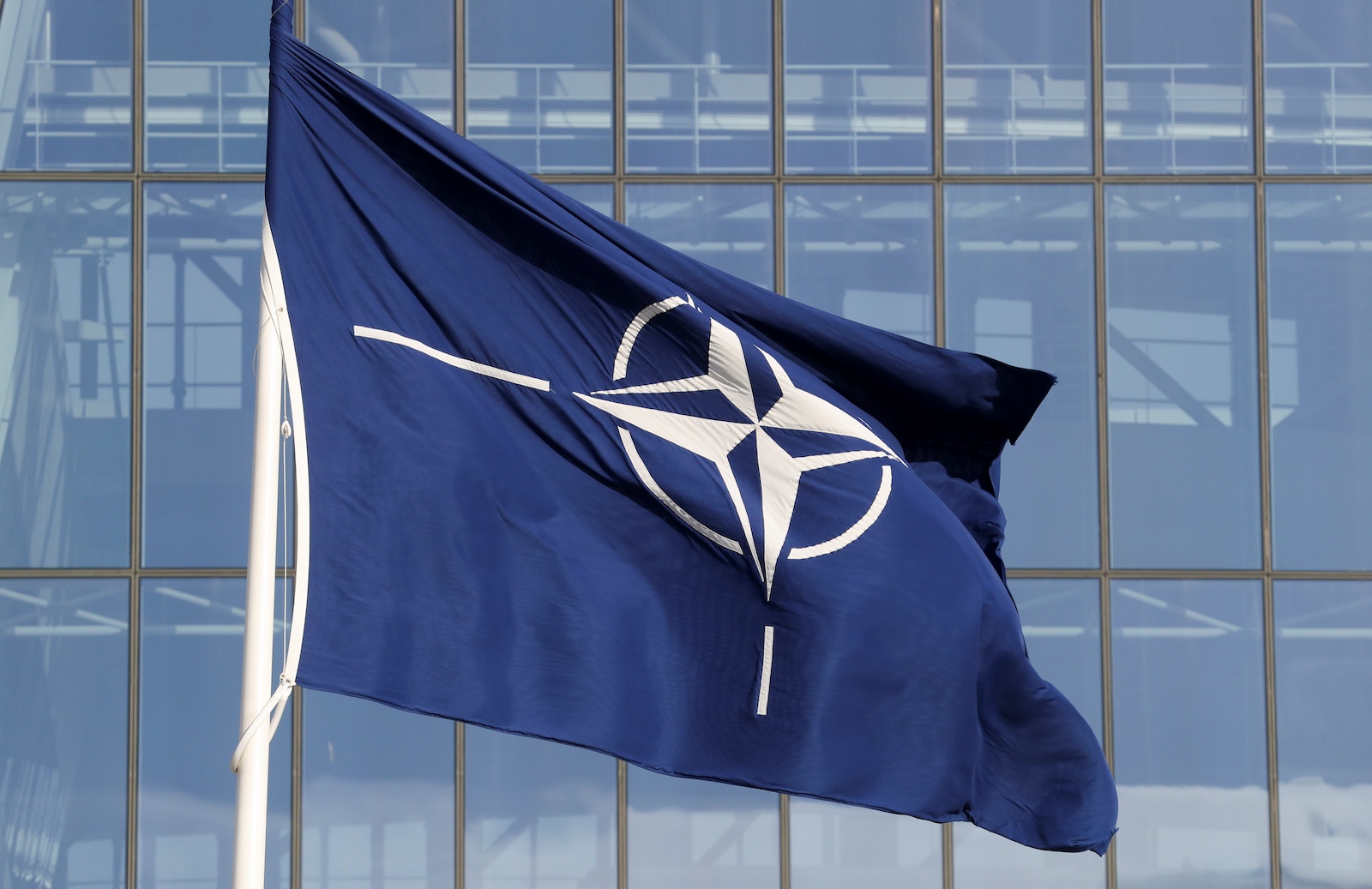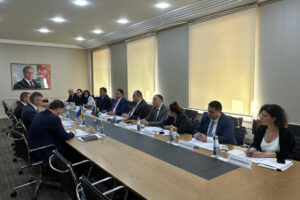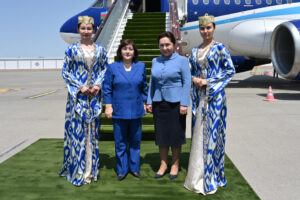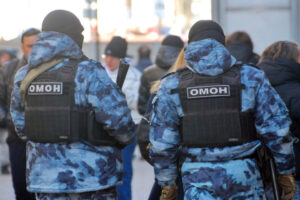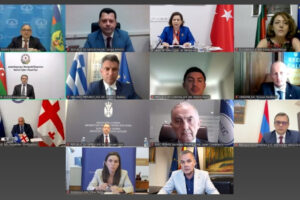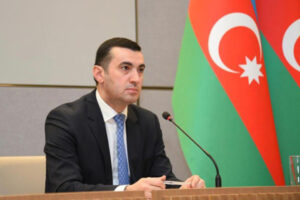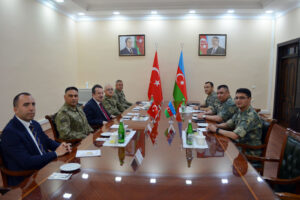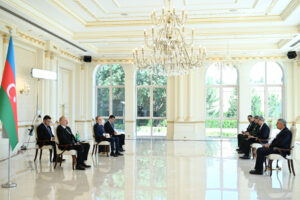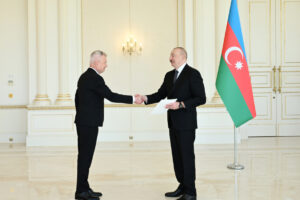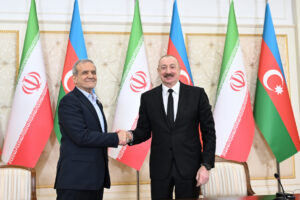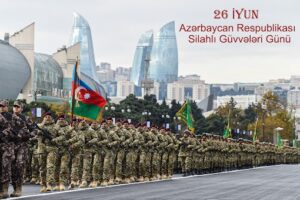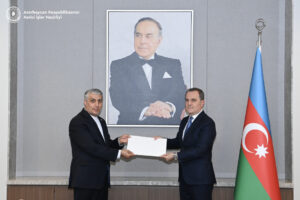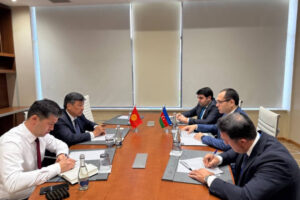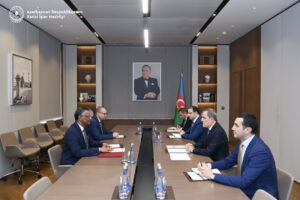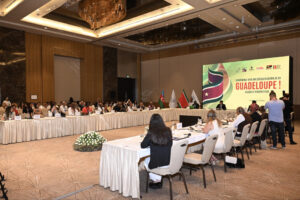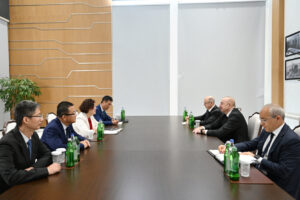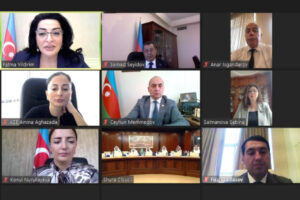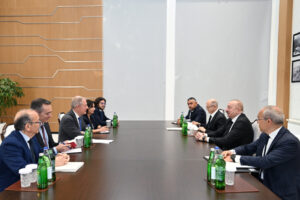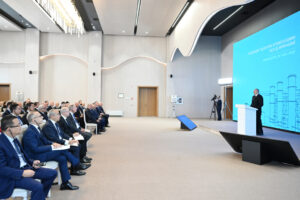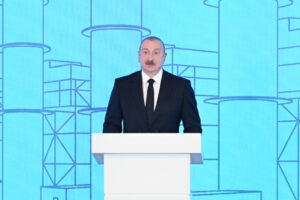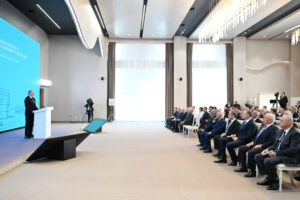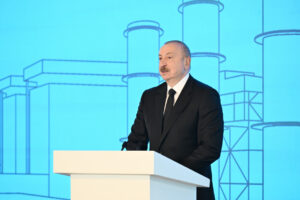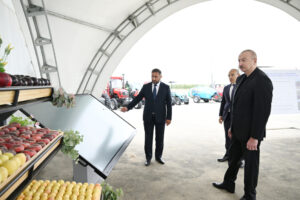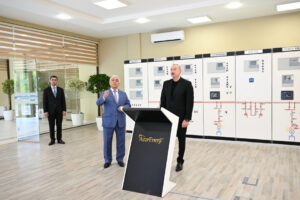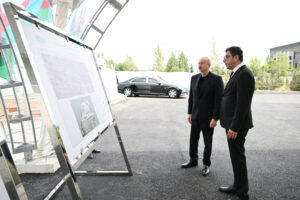Tokyo, 2 June, /AJMEDIA/
Besides increased coordination over the war in Ukraine and security in the Indo-Pacific, NATO officials have called for boosting tie-ups with Japan in emergency management and women’s involvement in conflict prevention and peace-building.
Irene Fellin, NATO secretary general’s special representative for women, peace and security, or WPS, praised Japan’s efforts to promote the “full, equal and meaningful participation of women in security and peace processes” to further contribute to global peace.
Fellin said the 32-member North Atlantic Treaty Organization and Japan are “on the same page” over WPS, citing a campaign launched by a group of Japanese lawmakers advocating the initiative and a new action plan by the Defense Ministry and the Self-Defense Forces to have women participate in conflict resolution and disaster relief.
In particular, she expressed her “high appreciation” of Foreign Minister Yoko Kamikawa for being “a driving force for the promotion of the WPS agenda and its implementation in Japan,” and for advancing the issue at international forums including meetings of the Group of Seven advanced economies.
“One of the areas in which Japan focuses on concerning WPS is natural disaster response,” Fellin told Kyodo News on the sidelines of an event Wednesday at Rikkyo University in Tokyo.
She was referring to female SDF personnel participating in emergency management when responding to large-scale disasters, such as the earthquake that hit central Japan in January, and carrying out relief activities.
“I think that looking to the nexus of climate change and climate disaster, this is one of the areas where NATO and Japan could work very closely in the future,” she said.
WPS and emergency management, together with climate change and security, are among 16 areas featured in the Individually Tailored Partnership Program, a NATO-Japan cooperation guideline for a four-year period through 2026.
In a speech at the event, Fellin shared NATO’s experience of deploying “gender advisers” to Afghanistan as part of stabilization and reconstruction efforts during the Atlantic alliance’s engagement with the war-torn country.
Fellin stressed the importance of gender as a perspective in peace-building and reconstruction, noting that after NATO sent more female personnel to Afghanistan in line with recommendations from gender advisers, locals — half of whom are women — were more willing to open up for dialogue.
That “enabled us to support the population with medical help and provide services that otherwise would not have reached out to women who were not able to engage with our male military personnel,” she said. “So this really changed our presence there and our understanding of the security situation and human environment.”
Separately, Irina Novakova, head of NATO’s Euro-Atlantic Disaster Response Coordination Center, thanked Japan for its assistance in responding to the massive earthquake that struck Turkey and Syria in February 2023 and highlighted the importance of greater NATO-Japan cooperation in emergency management and disaster relief.
“Japan’s support made an enormous difference” in response to the 7.8-magnitude quake and aftershocks that caused widespread destruction and the loss of more than 50,000 people in the two countries, Novakova said in a meeting with scholars and diplomats at the University of Tokyo on May 22.
She was referring to Japan’s dispatch of KC-767 refueling and transport aircraft on four occasions to deliver tents and other disaster relief goods, in what became its first international emergency aid activity in partnership with NATO.
“As the world’s most successful military alliance, NATO can leverage potential assets in disaster response. Japan is perhaps the best-prepared country in the world when it comes to managing disasters,” Novakova said.
“We have so much to learn from Japan in this area, such as how the military and civilians cooperate together in the event of disasters,” she said, alluding to the SDF’s involvement in rescue and reconstruction efforts in the 2011 quake and tsunami that devastated northeastern Japan.
Novakova said NATO and Japan have yet to conduct joint training and exercises to enhance emergency preparedness and response capabilities, and expressed hope that Tokyo would join a disaster response exercise NATO plans to hold in 2025 as an observer.

